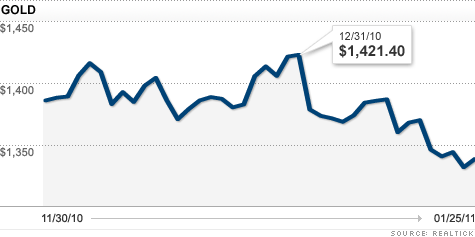There has long been a controversy in Japan about joining the Asia-Pacific free trade pact. To end this controversy, Japan Premier Naoto Kan will make a decision this June about whether Japan will enter this
free trade pact or not.
However, it is expected that getting consent for the trade pact in Japan could be tough due to its many opponents from the service and manufacturing industry, especially from the agricultural industry, which is a powerful opinion group when it comes to voting. For this reason, opening markets in Japan has been procrastinated for a long time. According to Alan Wheatley, even though Japanese farmers’ outputs are 1% of its GDP, Japan has protected its farmers by imposing tariffs on its import goods, 778% and 252% on rice and wheat respectively.
It is anticipated that should Japan agree to join the trans-Pacific pact, it would take a long time and lots of effort to harmonize the opinions of the old trade pact participants with its new participant Japan, because the trans-Pacific pact asks its participant countries to remove all kinds of trade barriers within ten years. However, Japan might want to join the trade pact passively to minimize the loss of vested interest groups by maintaining appropriate protection for its domestic industries.
The U.S. is also very interested in having more free trading partners in the future such as Japan, Australia, Chile, Singapore and New Zealand in the anticipation that it would increase its exports to those countries. However, many business authorities in U.S. might not allow Japan’s participation in the Pacific trade pact if Japan would want to keep its protection on the agriculture, service, and manufacturing industries.
It seems like there’s no choice for Japan in June. For its own sake, and others, Japan should join the Pacific-trade-pact. Although it would raise backlash against the government at first, Japan has to make a concession to enter the Pacific Free Trade Group by lowering tariffs in its agriculture and manufacturing industries. Japan, as an aging society, needs to find new resources from outside to keep growing; otherwise it would be highly difficult for Japan to escape from its sluggish economy and its enormous amount of national debts. In the short run, protectionism might provide more benefits to Japanese producers, but in the long run, it would cost a lot for its customers and increase inefficiency among all the other protected domestic industries in Japan. Now, it is time for Japan to use a win-win strategy to grow further.
Do you agree with many proponents in Japan that the protectionism is necessary? Is eliminating all trade barriers dangerous to domestic industry? Or, is this making firms more efficient and competitive?
Reference: Wheatley, Allan. “Japan Premier’s Balancing Act on Joining Pacific Free Trade Group.” The New York Times 14 Feb. 2011. http://www.nytimes.com/2011/02/15/business/global/15inside.html?_r=1&ref=global
(post by Jaewon Shin)
